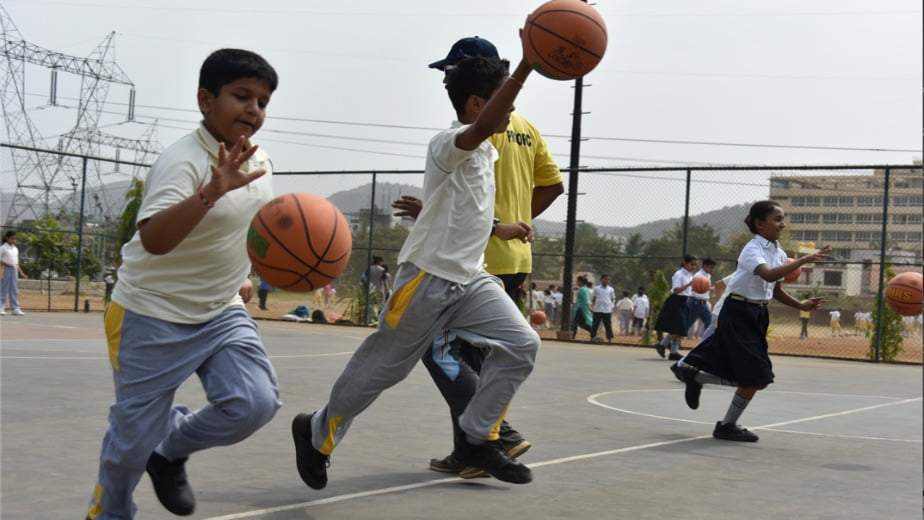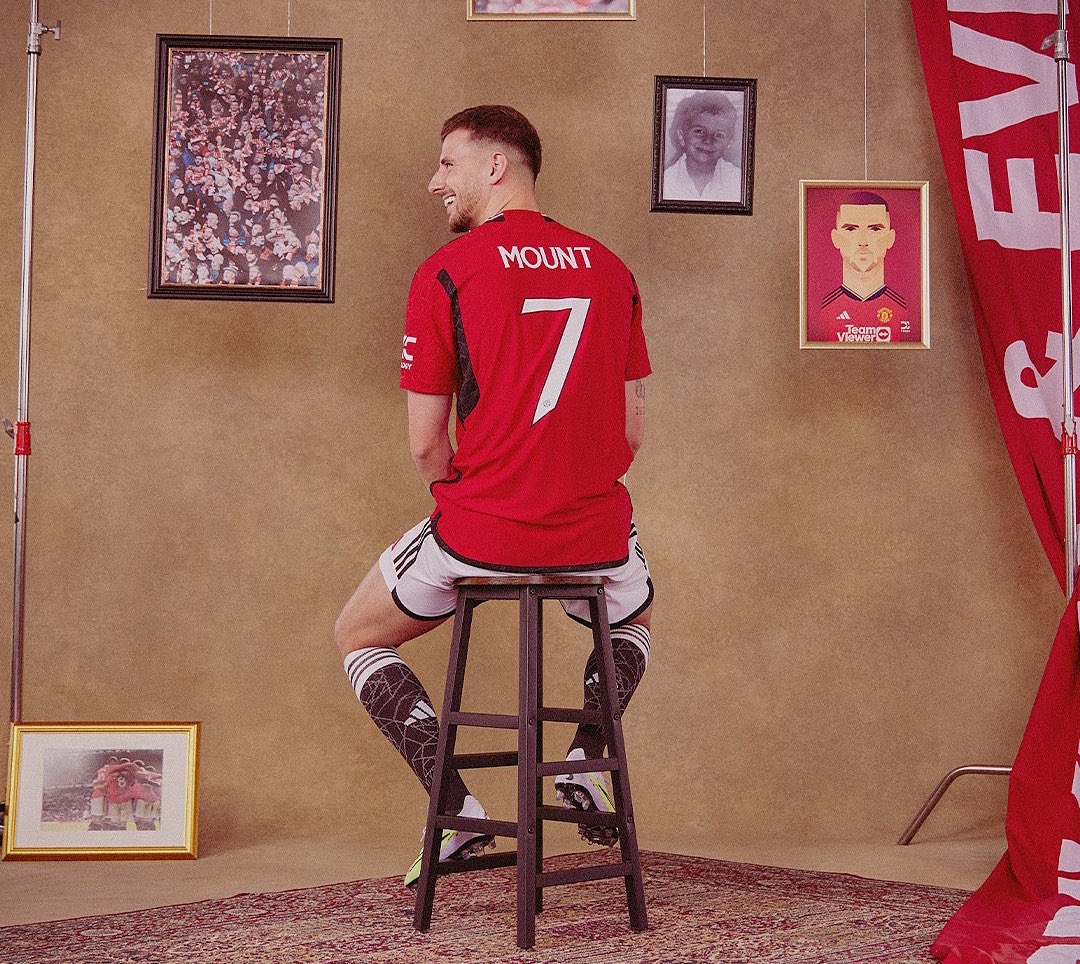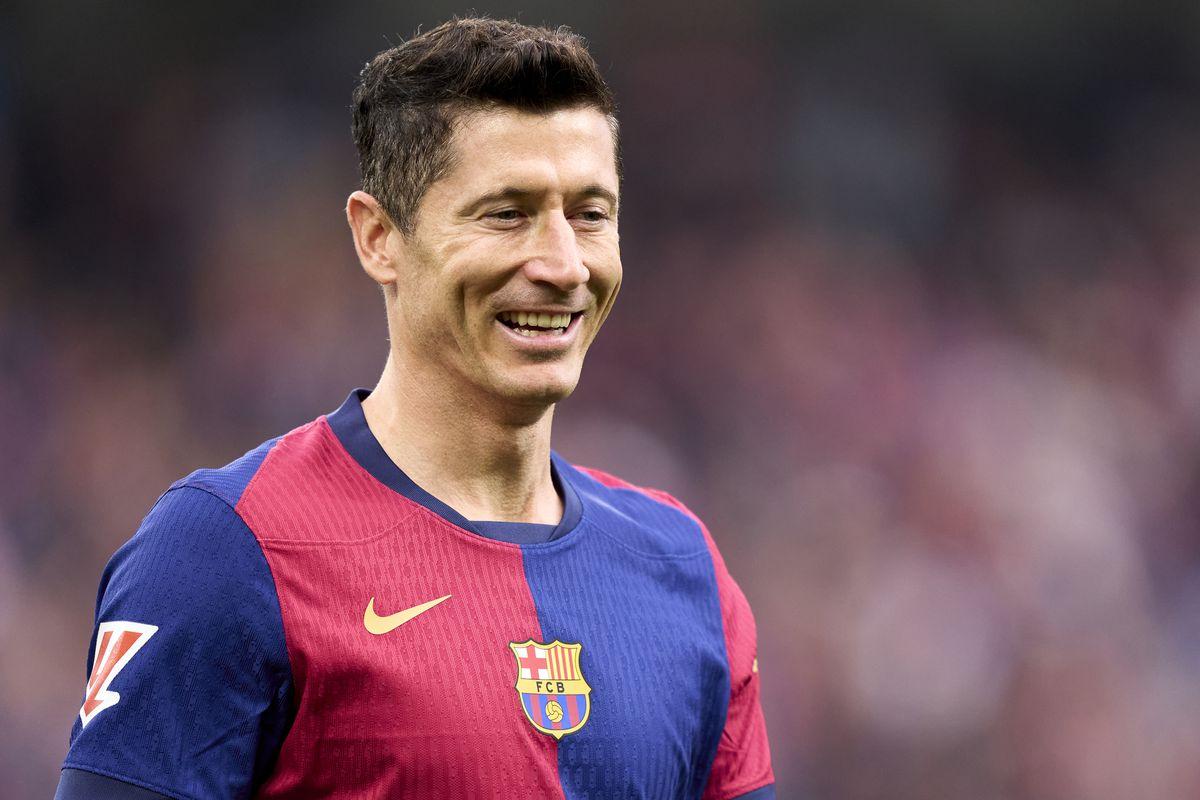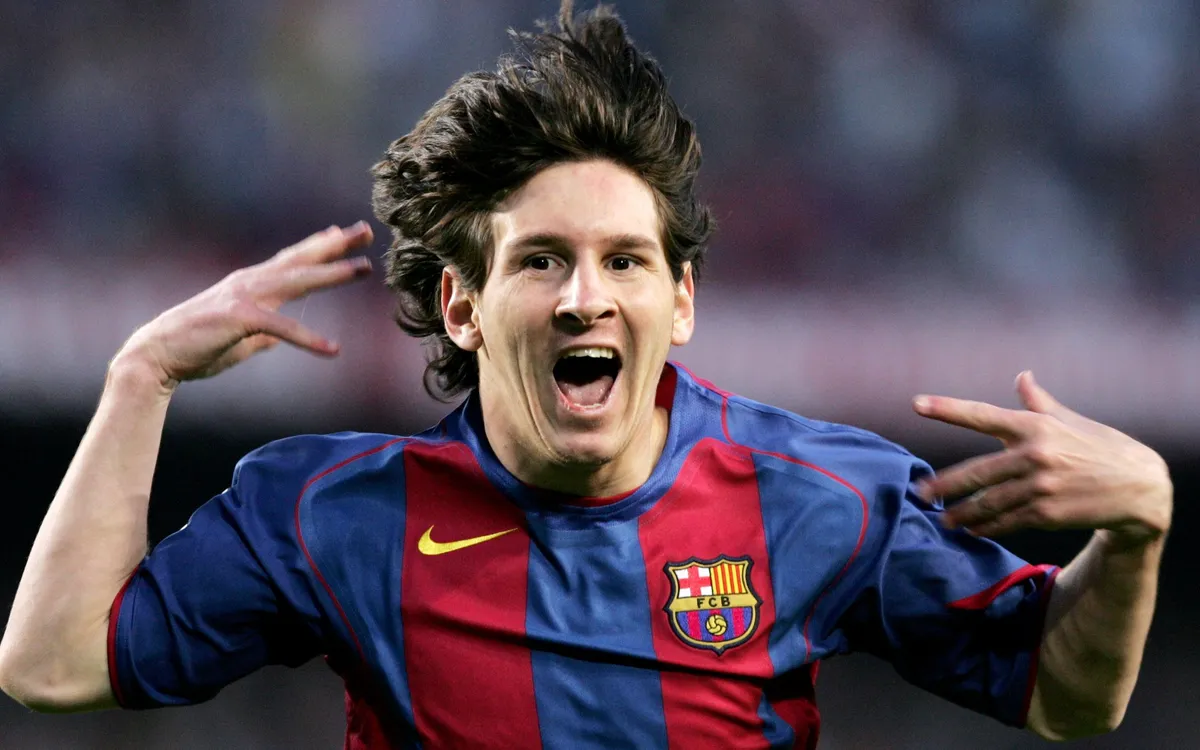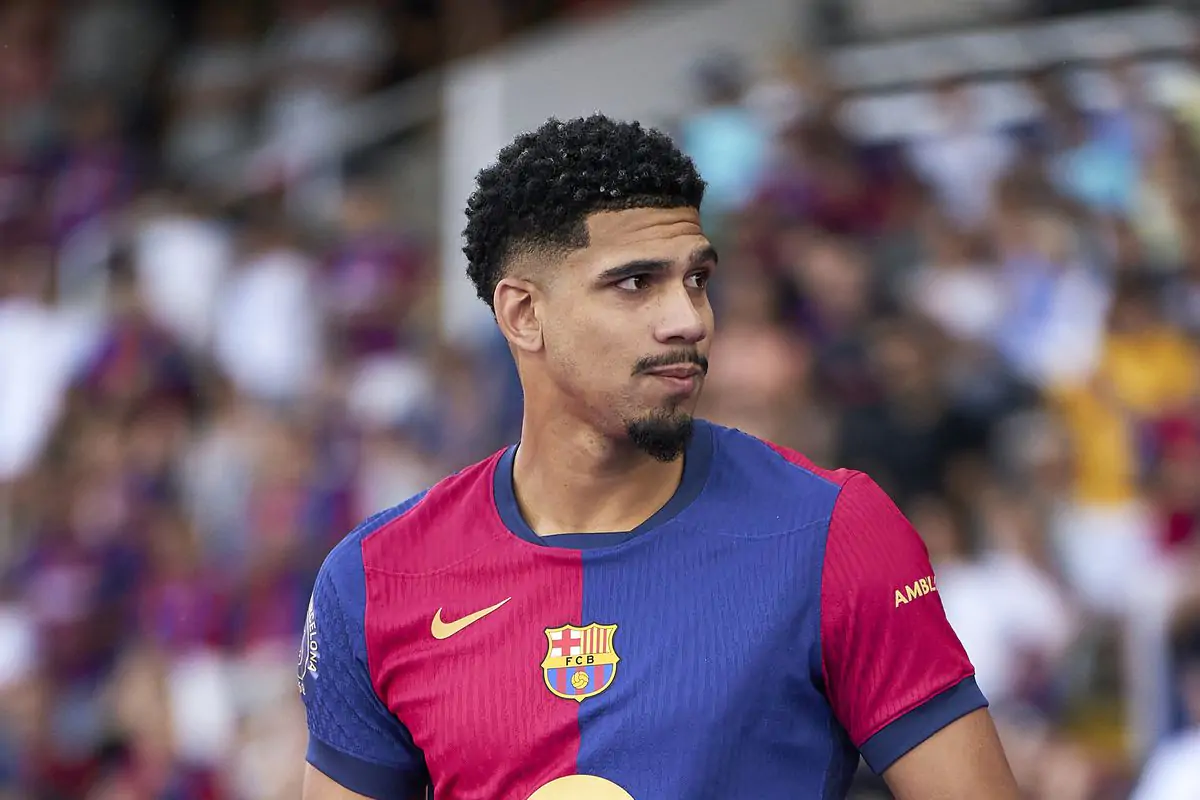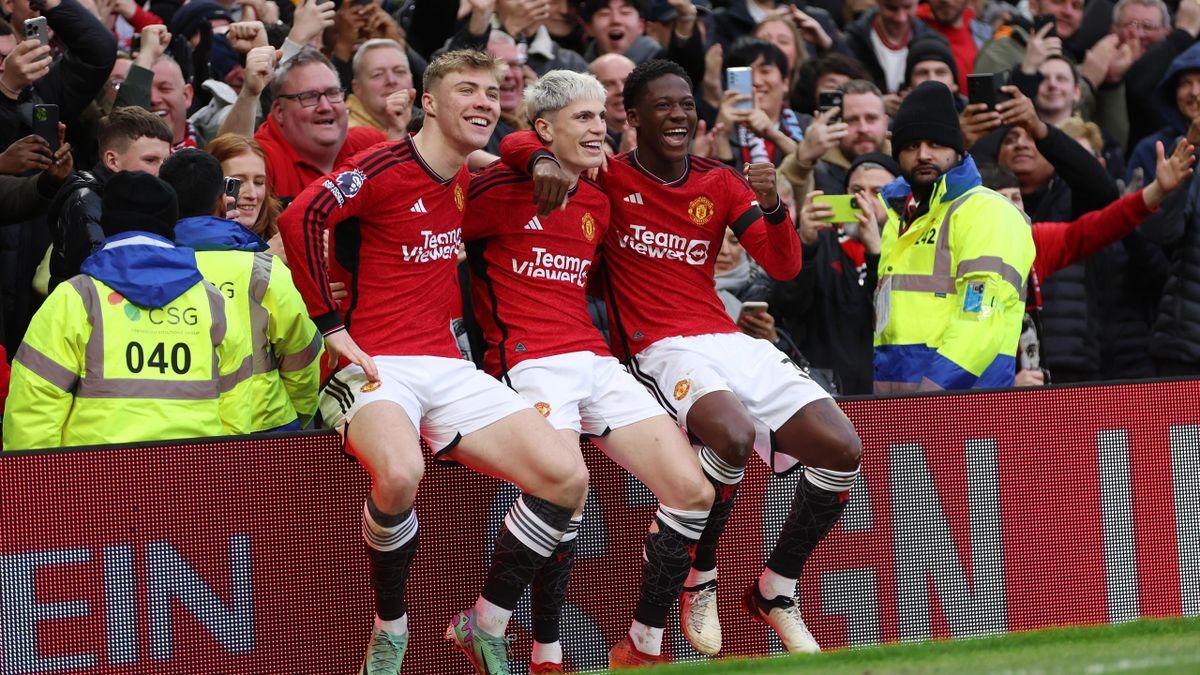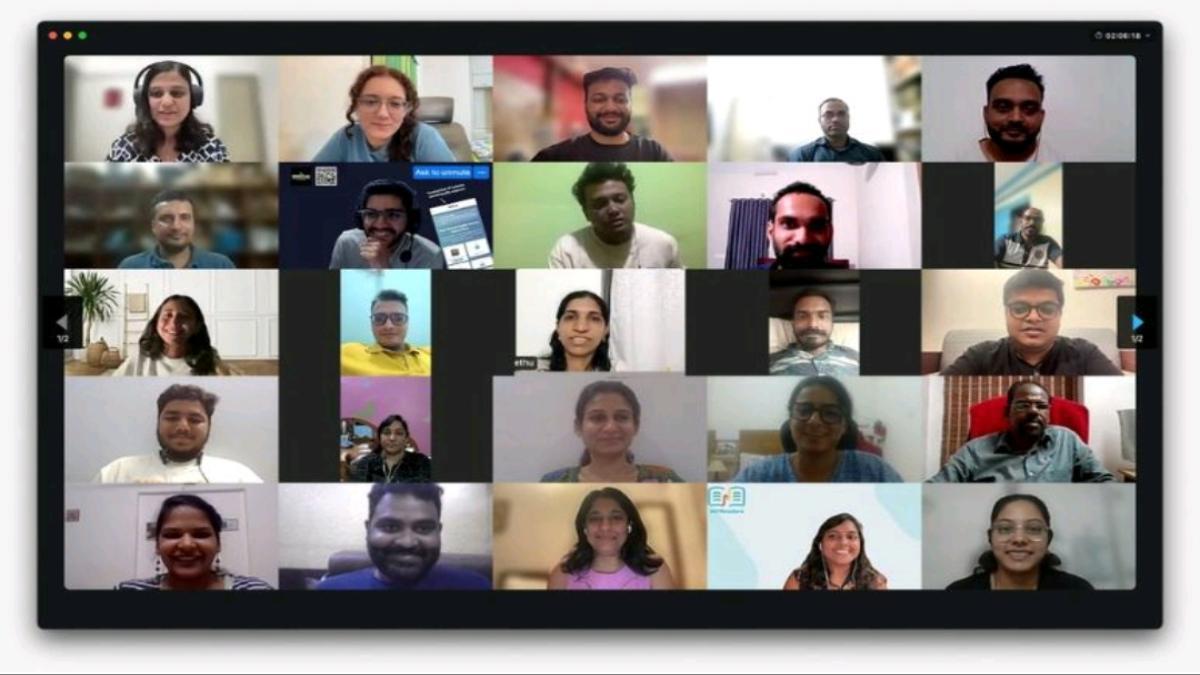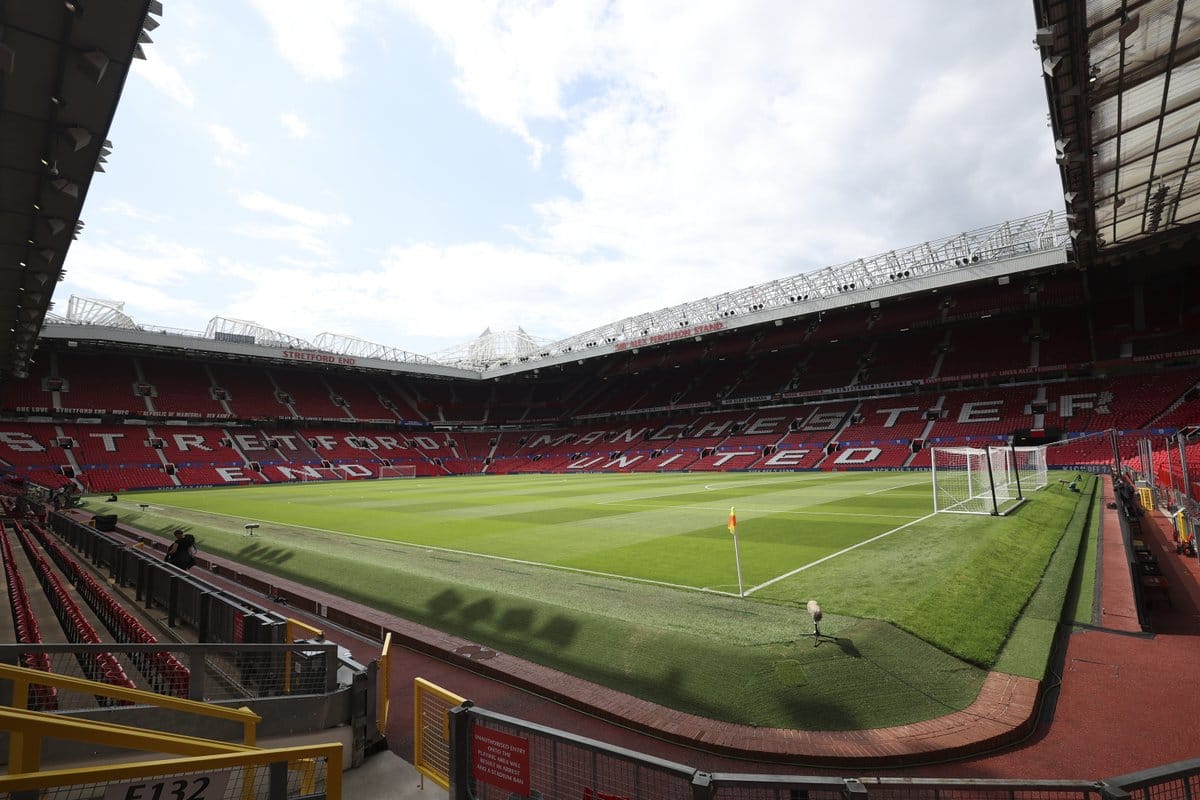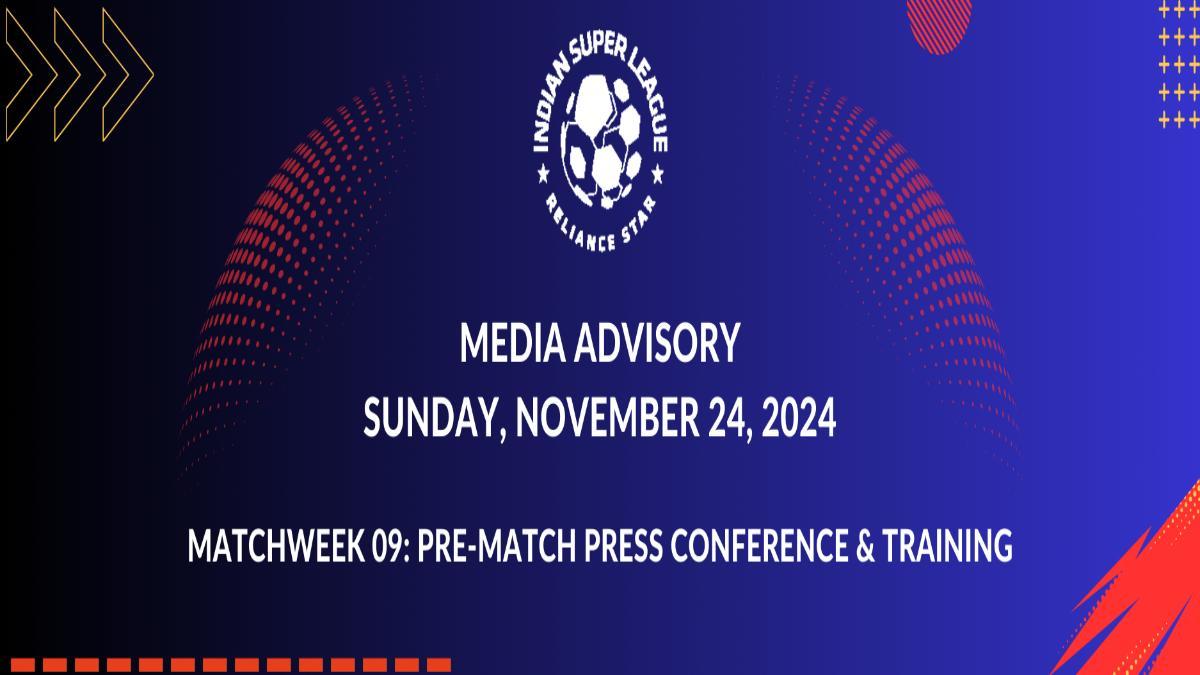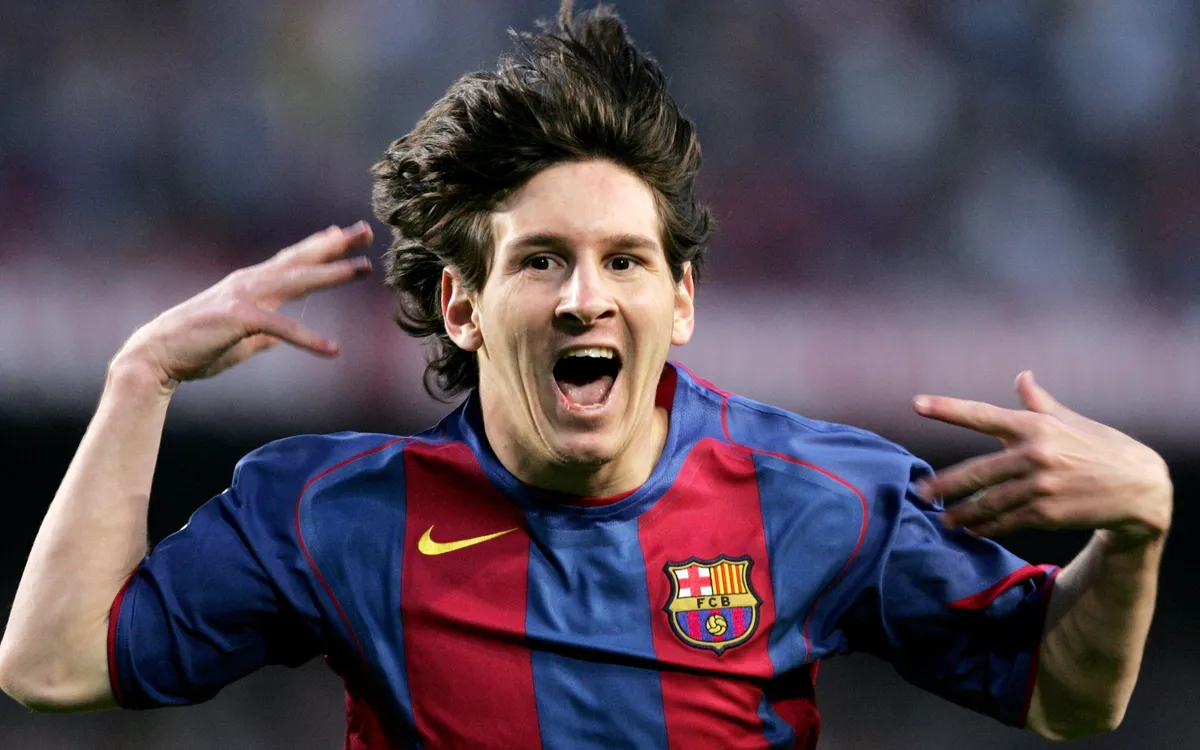With the Olympic Games underway, Indian women in Tokyo have surpassed every expectation with their resilience, determination, skill and talent. However, with one silver and two bronze medals so far, the Indian Olympic contingent would surely be feeling underwhelmed with its accomplishments, especially after sending it’s largest group ever to the Tokyo Olympics. It’s an eye opening reality that India still has a long way to go to become a sporting powerhouse that can rival China or the United States who have collectively won a total of 132 Olympic medals between them so far.
Any radical change, especially in sports begins at the grassroots. Providing a holistic sports education at an early age, building character and challenging your limits are essential lessons that must be imbibed to take India’s sporting achievement to the next level. In this exclusive interview with SPOGO, Capt. Ameya Kocharekar, Co-Founder and CEO at Proforce speaks about grassroot development and his vision, overcoming challenges, educating the future generations, advantages of being a part of Proforce and his goals and aspirations for the future.
Q1) As Co-Founder and CEO of Proforce, what is your vision and objective for this venture? How is it enabling grassroot development?
The vision for Proforce has been pretty clear. We want to be the strongest catalyst in providing sports players to the Junior Olympics and the Olympics and we want to be the biggest contributors to the sports ecosystem of India. Having said that, the way we are enabling the grassroot levels to progress, is by making national level coaches available at every hub center and at majority schools whenever possible and at an affordable price.
Q 2) How is Proforce providing holistic sports education for the future generation?
If you look at the current structure most schools have at least two PE teachers. These teachers usually have degrees for bachelors or masters of physical education. They are taught the rules of the game, the dimensions and the racing part and such but not much more. Anyone who joins as these PE teachers are usually only equipped with the basic knowledge of the sports. Before starting Proforce we studied basic analysis of all the data and manpower coming out of these degrees. What we found to our surprise was that less than 3 percent of these people pan India had played a national level game.
If you were to consider such an analysis, a person who hasn’t played at a minimum of national level can’t be expected to train and groom a young new player to do so. Having said so, why aren’t schools hiring coaches and trainers that have national level experience in their particular sports? It is because educational boards, whether it be ICSE, CBSE or even many state boards do not have a compliance format that requires them to have a national level coach. They only require to have a PE coach with minimum qualification of Bachelor or Master of Physical education, if they have a strength of over 500 or 750 students. With no requisite a financial school would typically choose not to spend too much money on a specialised coach or trainer that can provide better learning for such athletes. Any coach who has played at national level knows they can provide good knowledge and so wouldn’t settle for a minimum salary so schools would be required to overspend which they usually opt out of.
We have taken trainers such as that under our Proforce umbrella and we try to ensure every sport we venture in as far as the grassroots level of the sports is concerned, there is a national level coach present who can be assisted by other coaches in case of a huge number of athletes. Schools usually also have a set period of time for sport activity so they like to pay trainers for just that. We at Proforce try to bridge that gap and we try to get the coaches a justified salary while also maintaining the standard of training the students get and ensuring they receive what they have paid for. We also save schools the trouble and the cost of buying sports equipment, which otherwise would be a difficult undertaking. We try taking care of 60-70 percent of the requirements.

Q 3) What sets Proforce apart from other such ventures? What are the various advantages that a child has after being a part of Proforce?
Proforce has been in holistic sports education by ensuring 3 to 4 things. One is every coach on the ground would be of national qualification and would have had at least 5, 6 years of coaching experience. Secondly, we ensure that the child to student ratio is typically maintained as 1:20 or 1:14 inside a classroom. When it comes to the playgrounds, especially during PE periods the ratio increases to 1:100 or even beyond that. We ensure that the sports to student ratio of those particular games remains maximum 1:30. Third thing is we also look into the nutrition and the growth aspect of every child, when we started we said sports is not the only thing being taught on the ground, as far as the skill and the equipment is concerned. How the child is developing, how the child is nutritionally being taken care of also needs to be seen. We developed our own mechanism and now it is being turned into a software, it analyses the child diet based on the 24 hour diet and also takes care of the growth projection of a child upto 18 years old. Every child under Proforce is being monitored every 6 months on his nutritional sufficiency.
The third aspect is the psychology aspect, so whenever a child is performing at state level and beyond or whenever a team is performing at state level and beyond, the requisite psychological assistance in terms of taking out that fear and taking out that last minute anxiety out of the player's mind. Ensuring that the player or team is always prepared to face the next challenges, we started putting up in place at a point and it automatically started giving us the requisite results.
Q 4) What are some of the achievements of Proforce since its inception? Who are some of your clients?
Proforce started in the 2015-16, we limited ourselves to two pilot schools only in the beginning. From there on today we have worked with more than 30 schools and more than 40,000 children are under our umbrella. From the achievement perspective, three national medals in fencing, three national trophies in hockey in all three age groups, we have 48 state and district trophies in various sports and more than 580 state and district medals.
Clients I can go ahead picking out the name but I have been rather honoured or interested by some of the good schools such as the Podar Group, Reliance Foundation and Billabong High. We are talking about Mumbai, so Proforce is today primarily present in Mumbai, Pune and Surat. We had our client in Belgaum also and still would be going further in Karnataka.
Also read: Players who can turn around the match in India Vs England Series
Q 5) What are the various challenges that you have faced as Co-Founder and CEO of Proforce? How did you overcome them?
The challenge we face at Proforce is that to develop the ecosystem of sport in India which includes the school management perspective from the parent to the child is two-part. The first challenge here is that whenever you are teaching something to the child through the school ecosystem all the decision making is done by the school management, however the client is the child and the paying customer are the parents so this happens to be tough as everyone should be on the same page as far as the quality of sports is concerned.
From the parents' mindset we have seen a clear change of attitude from 2014-15 to 2021, in spite of the pandemic there has been a shift of positive mindset for the parents especially in the tier 2 and 3 cities. Earlier it was only focused on academics but parents are taking a keen interest possibly because of the careers of the sports athletes.
The other challenge happens to be in the business, company and investment perspective but at the same time time there has been a lot of growth in B2C companies, when a company like Proforce is working on the grassroot development of Indian sport it happens to be a long marathon activity so it may not be like any other B2C companies. These challenges appear when we talk to the investor as they are always looking for a growth aspect, but as of now our main focus is to develop an ecosystem for sports which will help get results mostly by 2028 and 2032, where some players might have qualified for the youth and/or senior olympics. One has to understand that this is not a glamorous business, this is more passion driven and I am committed to bring about change in Indian sports.
Q 6) What are your goals and aspirations for Proforce in the future? How do you plan to accomplish them?
We initially had an array of 16 sports under our syndicate, but our main focus has shifted to 6 to 7 sports where we focus on the purposeful development of coaches and ecosystem in terms of ensuring players reach their potential. The main aim is to reach the 2028 and 2032 Olympics and also ensure that the player management is taken care of. We try to accomplish our plan by reaching out to maximum cities, school ecosystems and most importantly changing the mindset of parents so that the child is able to play at least 1 of the 6 sports competitively. It is not just playing in school PT periods but also to represent your school or state in that particular sport.


